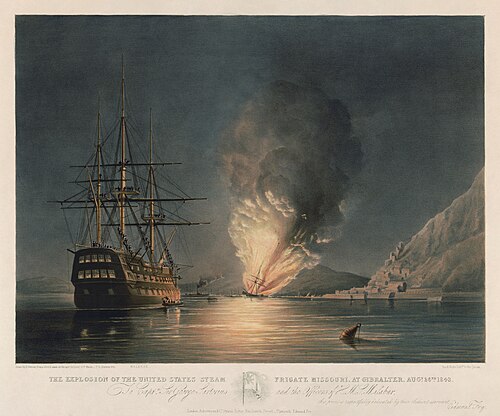From Wikipedia, the free encyclopedia
Content contributed by this user is released into the public domain
Kollur , Karnataka , I am interested in skepticism , science , religion (especially Budhism ), mysticism , etc.
Apart from English , Kannada and Tulu , which is my mother tongue , I also have a working knowledge of Malayalam , Telugu and Hindi .
I find Wikipedia a great data base giving information which no other encyclopedia would give.
I do my bit when somebody tries to mutilate (not edit) an article by, for instance, deleting whole paragraphs or links just because he/she does not like it.
Articles/Stubs Contributed By Me [ edit ] Useful Wikipedia Links [ edit ] Here is my edit statistics: [1]
HMS Malabar was a 74-gun
ship of the line of the
Royal Navy , launched in 1818 at
Bombay Dockyard . In 1838,
Malabar ran aground off
Prince Edward Island in British North America and was damaged, with the loss of two crew members. She was refloated later that year and towed into
Three Rivers in
Lower Canada . In August 1843,
Malabar , under the command of
Sir George Sartorius , assisted in fighting a fire that destroyed the
United States Navy sidewheel frigate
USS Missouri at
Gibraltar , taking aboard about 200 of that ship's survivors.
Malabar was converted to a
hulk in 1848, eventually becoming a coal hulk, and was renamed
Myrtle in 1883. The hulk was sold out of the navy in 1905. This
lithograph from around 1843 shows the crew of
Malabar watching as
Missouri explodes and burns in the distance.
Lithograph credit: Thomas Goldsworthy Dutton , after Edward Duncan and George Pechell Mends ; restored by Adam Cuerden


